Are you fascinated by religious architecture and history? Here are the must-see religious buildings in Lower Austria:
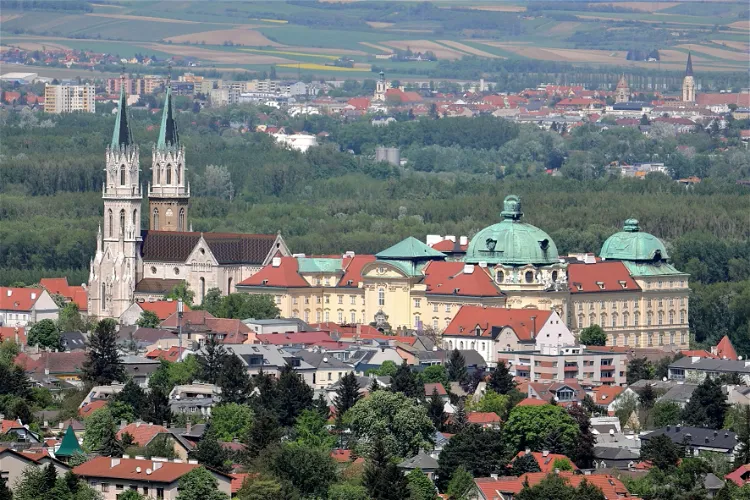
Klosterneuburg Monastery
KlosterneuburgThe Klosterneuburg Monastery, located northwest of Vienna in the town of Klosterneuburg, belongs to the congregation of the Austrian Augustinian Canons Regular. The complex has a rich history, dating back to its foundation by the Austrian Margrave Leopold III and his wife Agnes of Waiblingen in the early 12th century.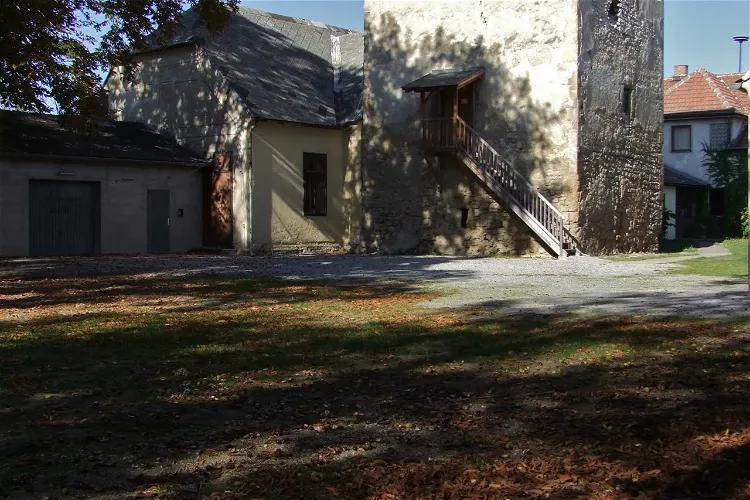
Wehrturm
Palterndorf-DobermannsdorfThe Wehrturm in Palterndorf, located in the Weinviertel region of Lower Austria, holds a rich history. It was first mentioned in the Liechtensteiner Urbar in 1414, but it is believed to be significantly older. This historical significance adds to the charm and allure of the tower, making it an interesting site for tourists who appreciate history.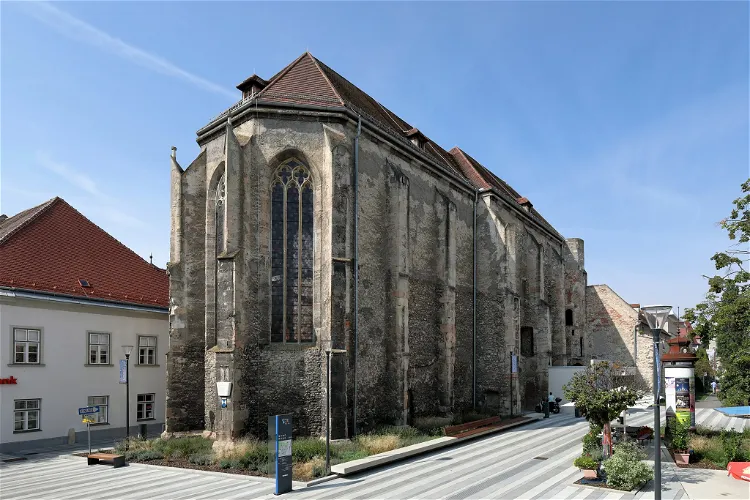
St. Peter an der Sperr
Wiener NeustadtSt. Peter an der Sperr, once a Dominican monastery, is now a significant historical site in Wiener Neustadt, Lower Austria. The former church building, which is no longer used for religious purposes, has been repurposed as an exhibition space. This transformation allows visitors to appreciate the historical architecture while also engaging with various exhibitions.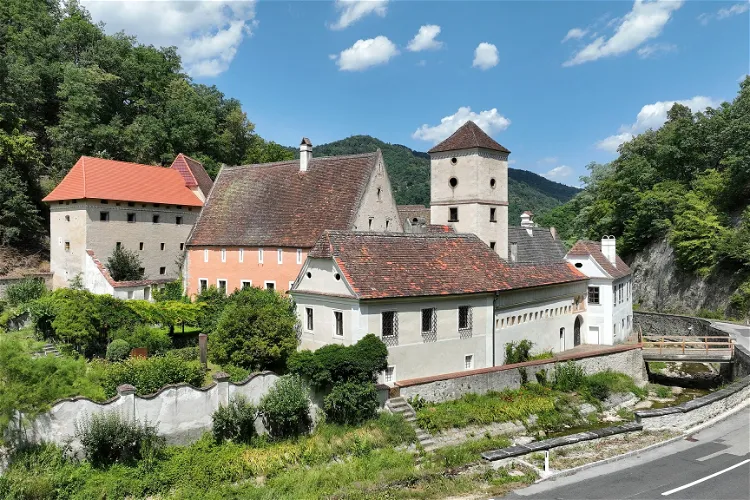
Aggsbach Charterhouse
Aggsbach-DorfThe Aggsbach Charterhouse, located in Aggsbach-Dorf, Lower Austria, is a former Carthusian monastery. It was founded in 1380 by Heidenreich von Maissau. This historical site offers a glimpse into the monastic life of the Carthusian monks and the history of the region.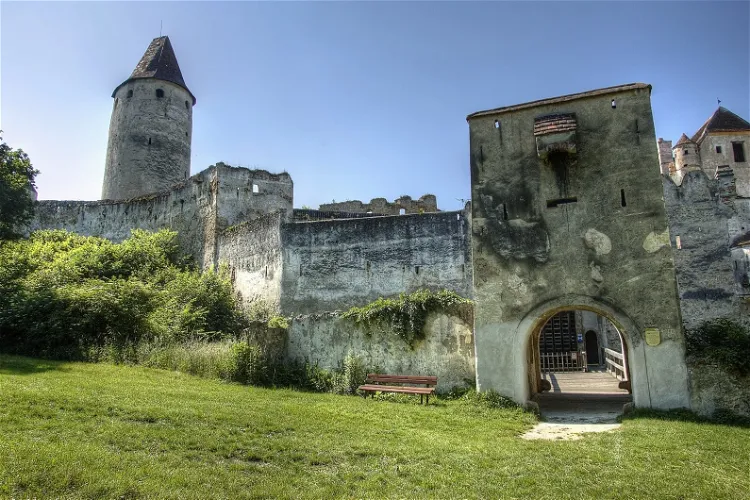
Seebenstein Castle
SeebensteinSeebenstein Castle, situated in Seebenstein, Lower Austria, is a unique structure that comprises two distinct parts. The older section of the castle features a round keep and a ruined palace dating back to the 13th and 14th centuries. The newer part, known as the high castle, was constructed between the 15th and 17th centuries.